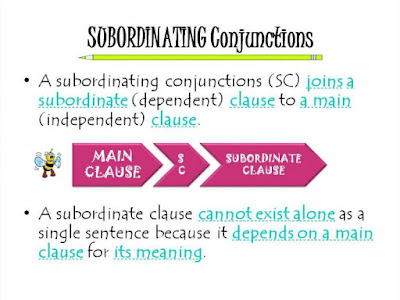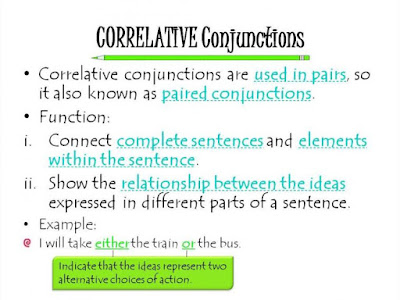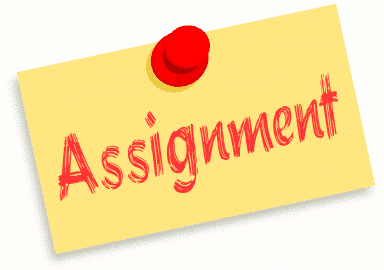If you think to study abroad, will most likely have to submit the required standardized tests, which may be one or a combination of GRE, TOEFL, IELTS, GMAT, SAT, OET.
Standardized tests Standardized tests are an important tool for assessing student proficiency in English, which is crucial to study abroad. This is a test, applies and scored in a reliable manner. The tests are designed so that the issues, conditions for administering, scoring procedures and interpretation are consistent "and" administered and scored ahead of the standard. These tests are the greatest way to ensure you get the results you want standardized tests do. It really helps to be prepared as you can possibly.
Standardized tests Standardized tests are an important tool for assessing student proficiency in English, which is crucial to study abroad. This is a test, applies and scored in a reliable manner. The tests are designed so that the issues, conditions for administering, scoring procedures and interpretation are consistent "and" administered and scored ahead of the standard. These tests are the greatest way to ensure you get the results you want standardized tests do. It really helps to be prepared as you can possibly.

In the process of adopting a fellowship, the level of emphasis placed on scores GRE varies widely between schools and even departments within schools. The importance of tens of GRE can vary from as an important factor in selection for admission to a simple procedure.
TOEFL Test of English as a Foreign Language (TOEFL) is a standardized test that is taken by many students in India. The test assesses the potential success of the test-payer, and analyzed using standard American English at college level. It requires candidates for most English-speaking colleges and universities. TOEFL is also required in various institutions such as government agencies, businesses, or scholarship programs. The test results are valid until two years from the date of the test and then removed from the official databases.
TOEFL is a registered trademark of ETS (Educational Testing Service) and applies worldwide. The test was administered in 1964 and has since been adopted by nearly 20 million students.
IELTS International English Language Testing System (IELTS) is a standardized test that assesses the capability of test-payer in English. IELTS was established in 1989 and is jointly managed by British Council and IDP Education Australia. IELTS is accepted by many providers in the world of education, and even recently, many U.S. universities accept IELTS in their admissions process. Test results or IELTS Test Report Form (TRF) is valid for two years.
In 2007, IELTS tests over one million candidates in a period of 12 months for the first time, making it the world's most popular English language test for higher education and immigration.
GMAT Graduate Management Admission Test (GMAT) is a standardized test to assess the ability of adaptation of the test-taker to succeed in higher education studies. A high score on the GMAT exam is essential for admission in schools. The test consists of three modules: GMAT Verbal, GMAT Math and Analytical Writing.
Schools use the test as one of many selection criteria for admission into the MBA program. It is given to different places worldwide. In 2007, the test fee is $ 250 U.S. in the world.
Sat Reasoning Test is a standardized test for admission to college in the U.S.. He was known as the "Scholastic Aptitude Test and educational assessment test. The test was introduced in 1901, which is owned, published and developed by the College Board, developed and published, and scored by Educational Testing Service (ETS), which is now administering the test. The test is classified into 3 sections, math, reading and writing, each with 800 points scored by other subsystems separately.
OET Occupational English Test (OET) is a test of language ability in English for overseas trained health professionals who want to work or study in Australia. The test is administered by the OET Centre. The test consists of four sub-tests: listening, reading, writing and speech. OET has been recognized by the regulatory authorities of 12 Australian health professions. At present, it requires at least B for the four sub-tests have the right to work as a doctor in Australia.
IELTS International English Language Testing System (IELTS) is a standardized test that assesses the capability of test-payer in English. IELTS was established in 1989 and is jointly managed by British Council and IDP Education Australia. IELTS is accepted by many providers in the world of education, and even recently, many U.S. universities accept IELTS in their admissions process. Test results or IELTS Test Report Form (TRF) is valid for two years.
In 2007, IELTS tests over one million candidates in a period of 12 months for the first time, making it the world's most popular English language test for higher education and immigration.
GMAT Graduate Management Admission Test (GMAT) is a standardized test to assess the ability of adaptation of the test-taker to succeed in higher education studies. A high score on the GMAT exam is essential for admission in schools. The test consists of three modules: GMAT Verbal, GMAT Math and Analytical Writing.
Schools use the test as one of many selection criteria for admission into the MBA program. It is given to different places worldwide. In 2007, the test fee is $ 250 U.S. in the world.
Sat Reasoning Test is a standardized test for admission to college in the U.S.. He was known as the "Scholastic Aptitude Test and educational assessment test. The test was introduced in 1901, which is owned, published and developed by the College Board, developed and published, and scored by Educational Testing Service (ETS), which is now administering the test. The test is classified into 3 sections, math, reading and writing, each with 800 points scored by other subsystems separately.
OET Occupational English Test (OET) is a test of language ability in English for overseas trained health professionals who want to work or study in Australia. The test is administered by the OET Centre. The test consists of four sub-tests: listening, reading, writing and speech. OET has been recognized by the regulatory authorities of 12 Australian health professions. At present, it requires at least B for the four sub-tests have the right to work as a doctor in Australia.








































